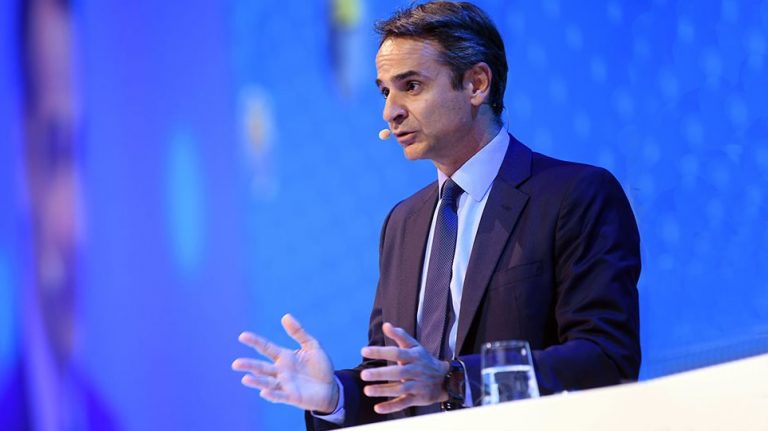An op-ed in Bloomberg authored by Matthew A. Winkler entitled “Guess Which Mediterranean Economy Didn’t Crumble”, analyses the recent purchasing of Greek bonds by foreign investors presenting the view of opposition leader Kyriakos Mitsotakis that markets evaluated a political change in the country.
“Markets have priced in a political change that favors investment in Greece and political stability after the national election,” said Kyriakos Mitsotakis, president of New Democracy, in an interview in his Athens office last week. Mitsotakis served as minister of reforms between 2013 and 2015 and is leading in polls to become Greece’s next prime minister this year
Global investors snapped up 2.5 billion euros worth of Greece’s 10-year bonds last month, the first such offering in nine years. That made the Hellenic Republic’s debt the world’s most prized, buoyed by gross domestic product growth that’s outperforming Germany, France and the euro zone.
The piece claims the elections of SYRIZA leader Alexis Tsipras acted as a catalyst for the gloom-mongering of the markets in 2015.
The catalyst for the gloom-mongering was just-elected Prime Minister Alexis Tsipras’s seemingly contradictory mandate to end five years of reduced government spending during a depression while securing the final 7.2 billion euros ($8.1 billion) of 240 billion-euro bailout funds from resistant European Union creditors. But public opinion polls in Greece failed to show any preference for returning to drachmas. That’s why investors shared little of the rest of the world’s anxiety. While the yield on benchmark Greek bonds briefly touched 19 percent in July 2015, reflecting the country’s economic uncertainty, it remained well below the high of 30 percent in March 2012 and descended during a bull market for developed government debt.
Ask me anything
Explore related questions





